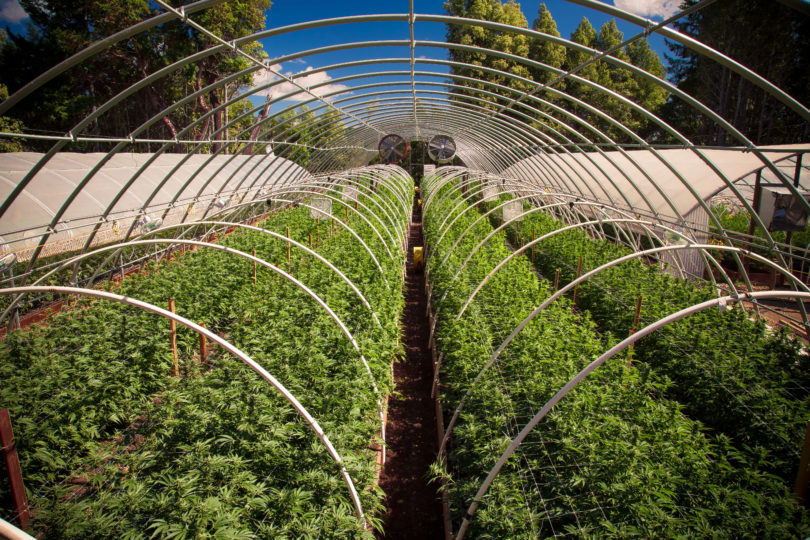Will Big Pot Edge Out Traditional California Cannabis Farmers?
It is a question that has arisen in a lot of states as legalization becomes reality, particularly in California. People and even companies who have established thriving if grey-market legit cannabis growing operations, cannot make the jump to a fully legal world. That has been an issue even from the beginning of modern legalization in Colorado and Washinton State. And in most states, this is a section of the market that has mostly not been able to transition to legality. Oregon is one of the few exceptions.
What will become of Californians caught in this conundrum now? California is the great granddaddy of legalization states. Medical cannabis use was technically legalized in 1996. However the next step, full recreational use, did not pass until last year in November.
In the meantime, despite federal raids, a huge growing culture has grown up here over the past twenty to thirty years. And now literally family farms who have been in business long enough to turn the reigns over to at least one generation of heirs, faces imminent destruction.
Why?
As the infrastructure becomes more legit and regulated, supply chains will have to as well. And most cannabis farmers, even in California, are not equipped, financially to make the jump. As a result, licensed marijuana stores cannot buy from them.
There is a huge amount of pot in California that has no legitimate outlet. Not yet, at any rate. Not until federal legislation changes and cross-state transport is allowed. At that point? California is well on track to grow at least 50% of the nation’s commoditized market.
In the meantime, there is a lot of black market weed now sloshing around looking for customers. And that is exactly what legalization was supposed to prevent. In a world where the black if not grey market has never gone out of style, what are these growers going to do?
The Options on The Table
It is unlikely that all of these marijuana farms will go out of business. There is likely to be a round of consolidations here, just as in other state industries that have gone legit via a similar route.
There is also likely to be an effort, given that this is California, to distinguish several layers of operations. Nonprofits and medical collectives may be able to generate enough of a campaign at the state level to protect them and put them in a separate category. This also may be an issue that varies from county to county. San Francisco, for example, long the home of canna-co-operatives, may decide to allow such entities. But in the majority of cases, California is where Big Ag meets Big Canna.
As such, as state law goes, good luck to the little guys.
Marijuana left the realm of mom and pop several years ago, and it is not coming back. What faces California state growers is a story, in other words, that is not new. Nor will its eventual outcome be all that surprising, unless someone steps in to fund another, happier, Hollywood ending.







